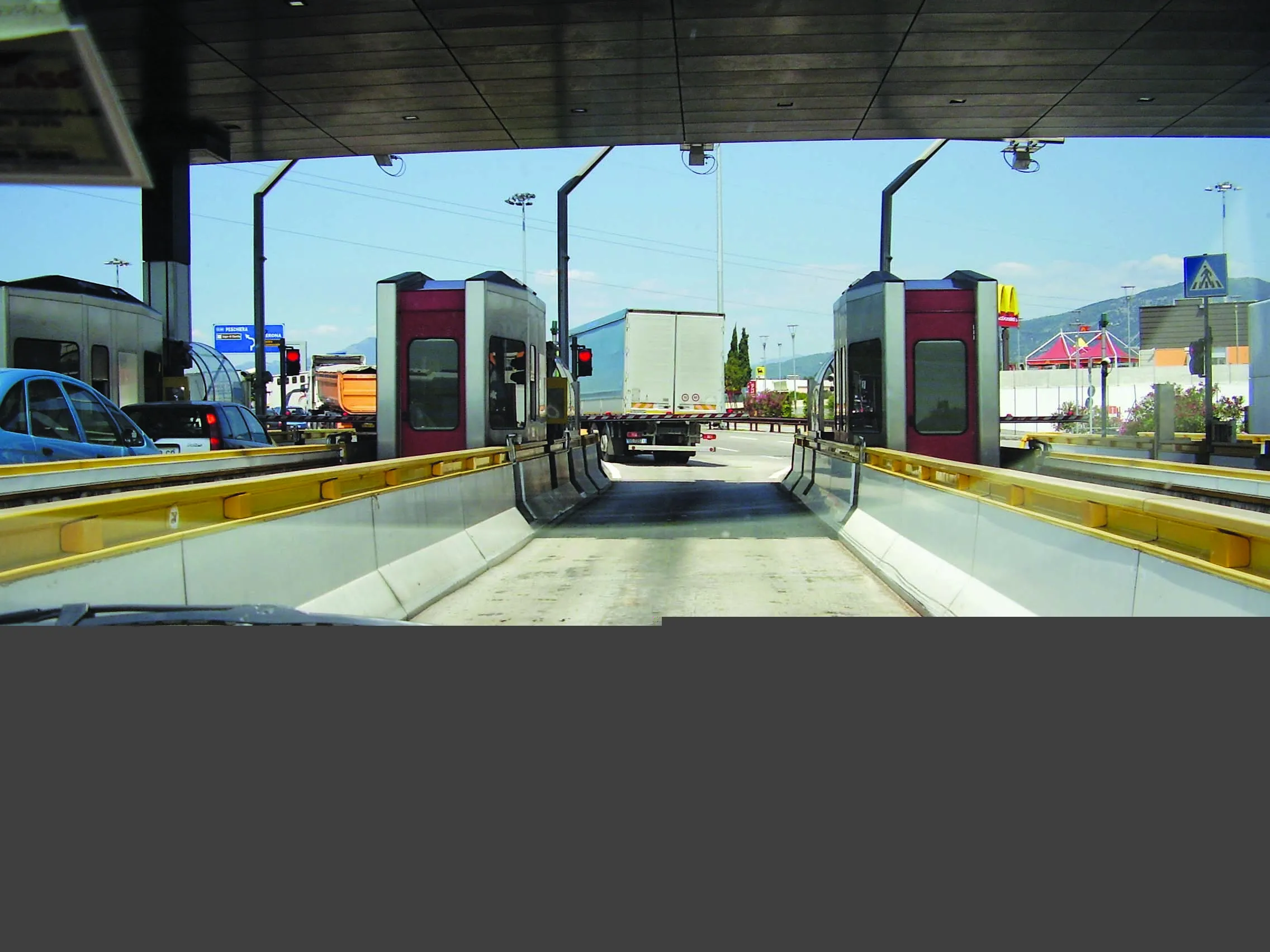The Netherlands is evaluating new options for road tolling across the country’s network. A national road pricing scheme could be introduced from 2026, which would see road users being charged by the distance they travel. There is widespread recognition that the existing method, of using fuel taxation to pay for road works, is unsustainable as the EV fleet grows. Three options are being analysed. One would see drivers of electric vehicles being charged/km, while internal combustion engine vehicles would continue using the present method with taxes on fuel. Another option would see all vehicle users being charged rates relating to the time and location where they are driving. The other option would see all vehicle owners being charged for travelling at peak periods. The aim of the new system is to reduce CO2 emissions by 50% by 2030.
Netherlands considering new tolling system
The Netherlands is evaluating new options for road tolling across the country’s network. A national road pricing scheme could be introduced from 2026, which would see road users being charged by the distance they travel. There is widespread recognition that the existing method, of using fuel taxation to pay for road works, is unsustainable as the EV fleet grows. Three options are being analysed. One would see drivers of electric vehicles being charged/km, while internal combustion engine vehicles would cont
June 28, 2019
Read time: 1 min







